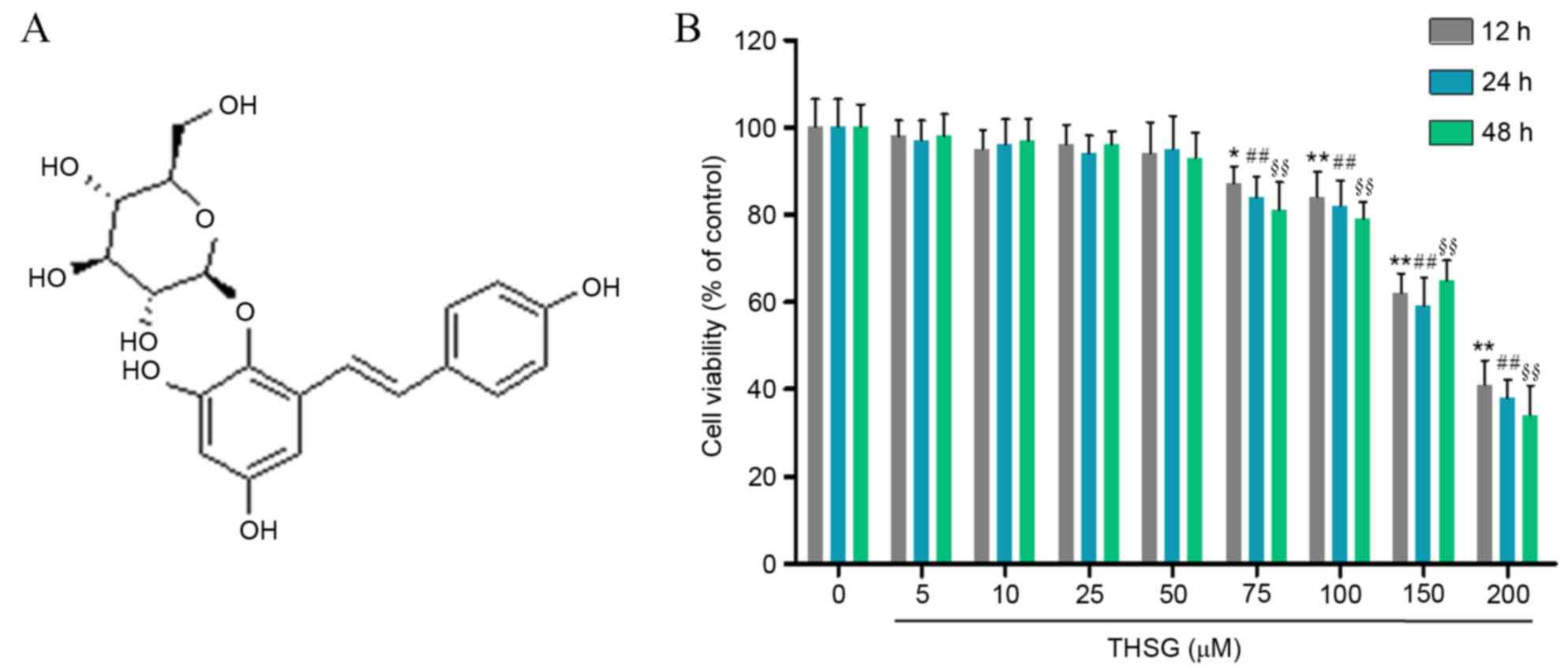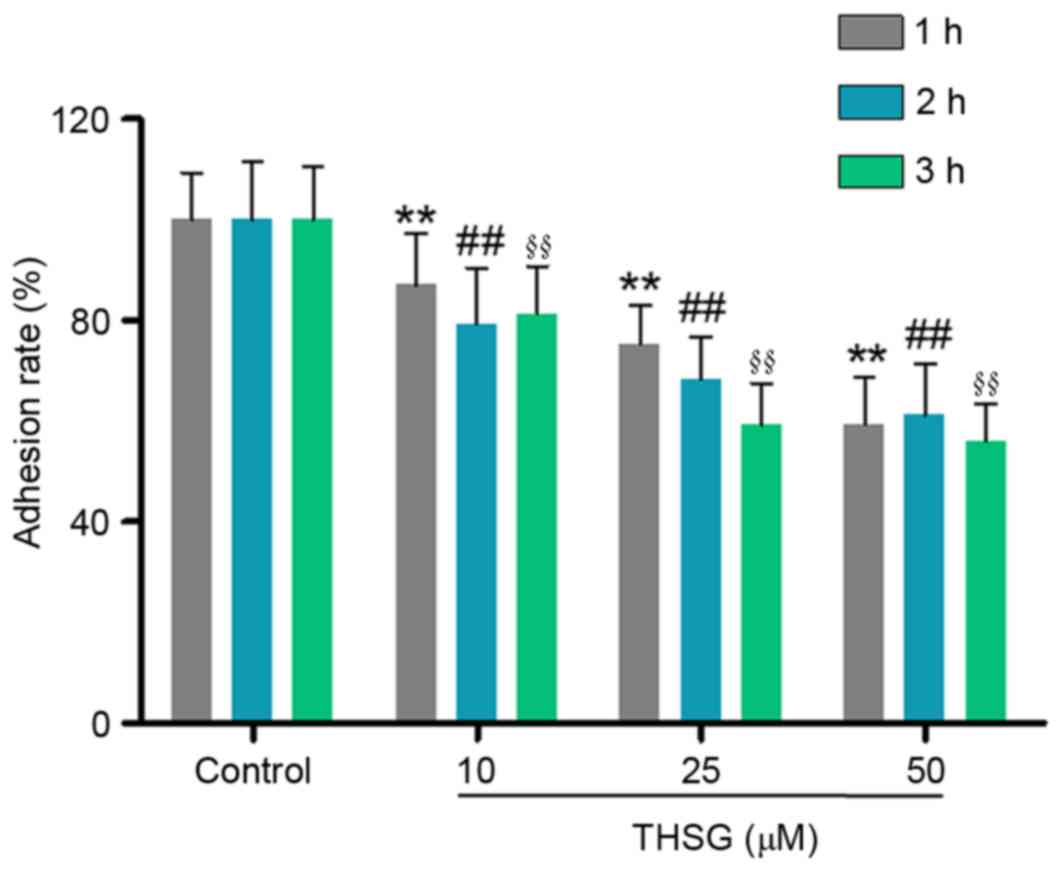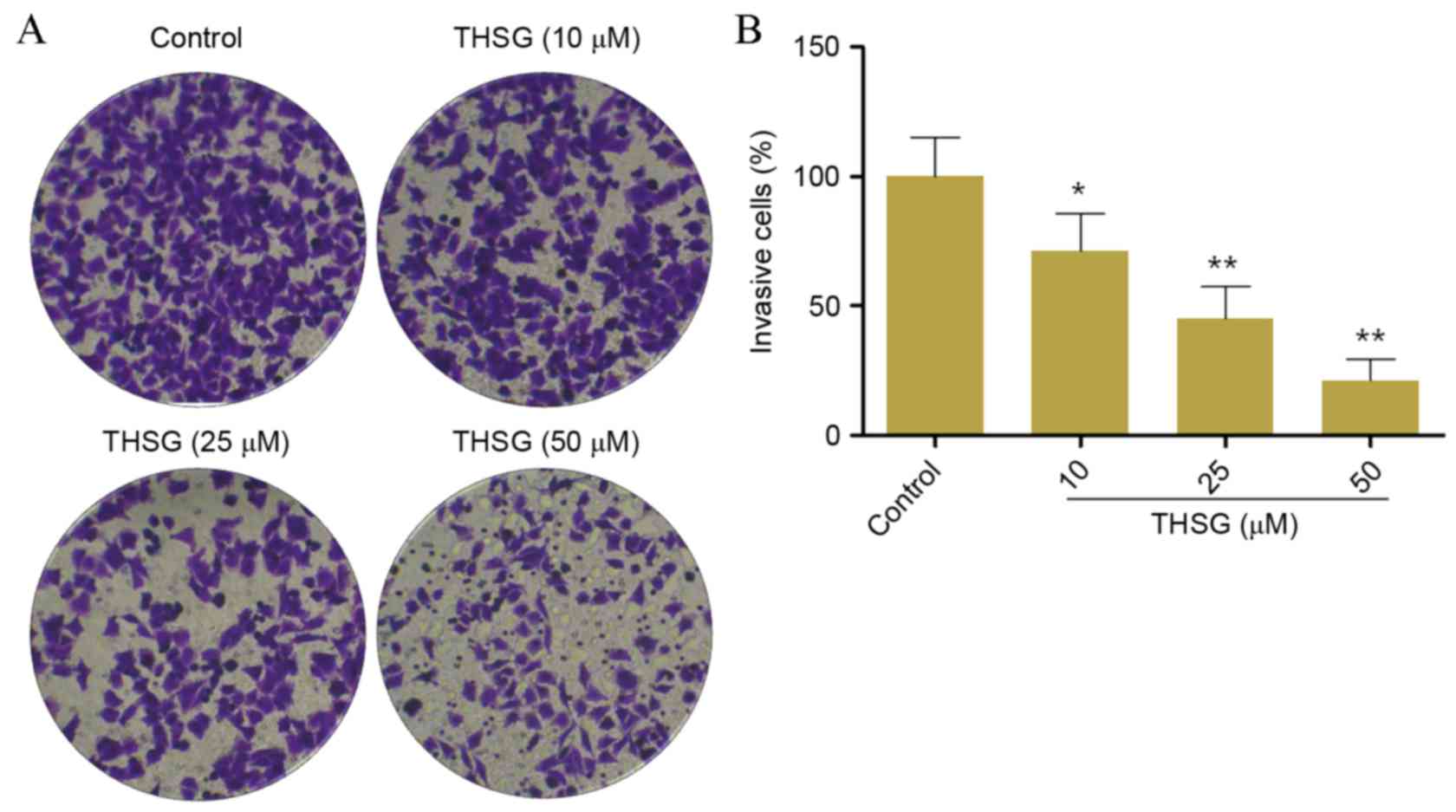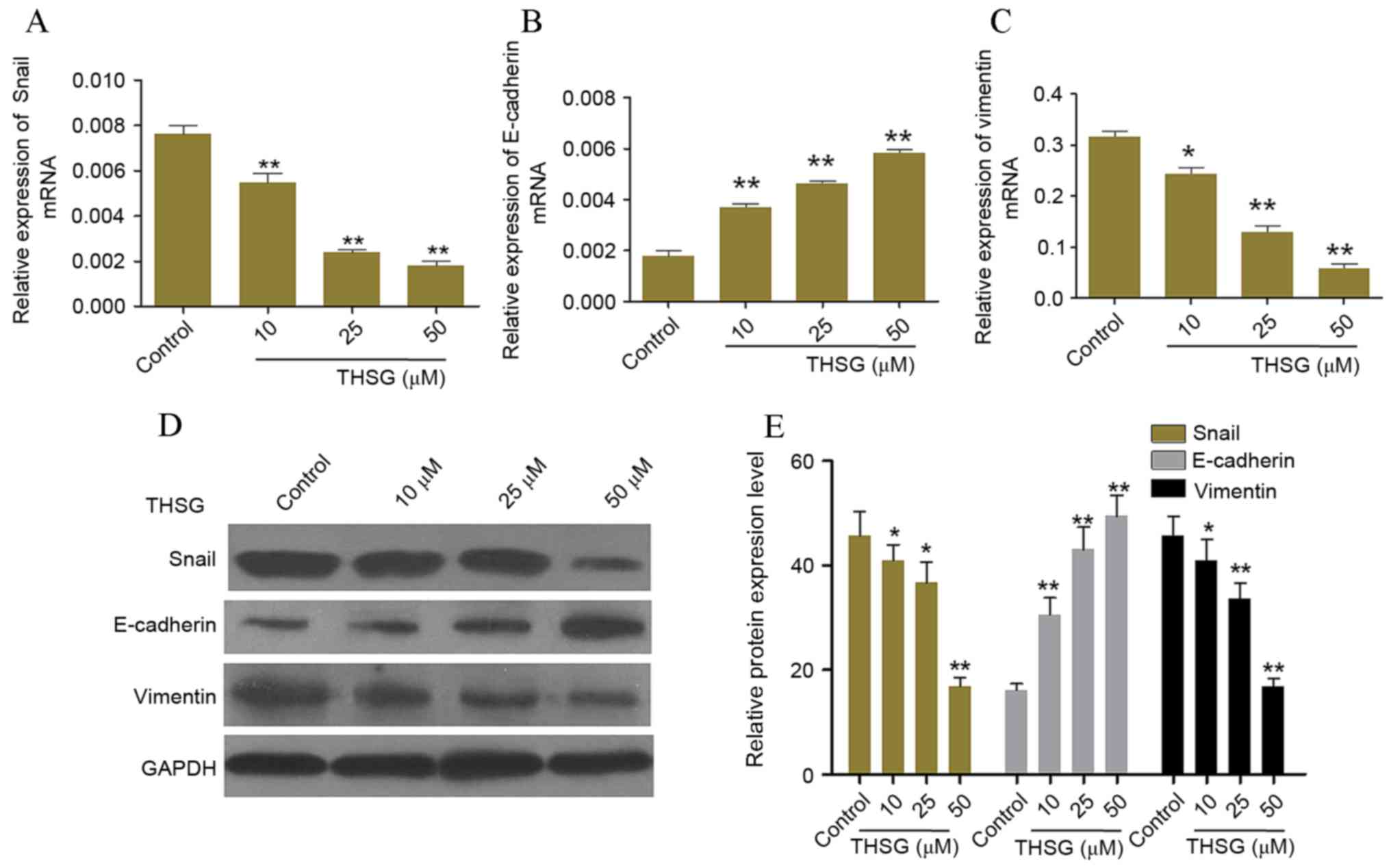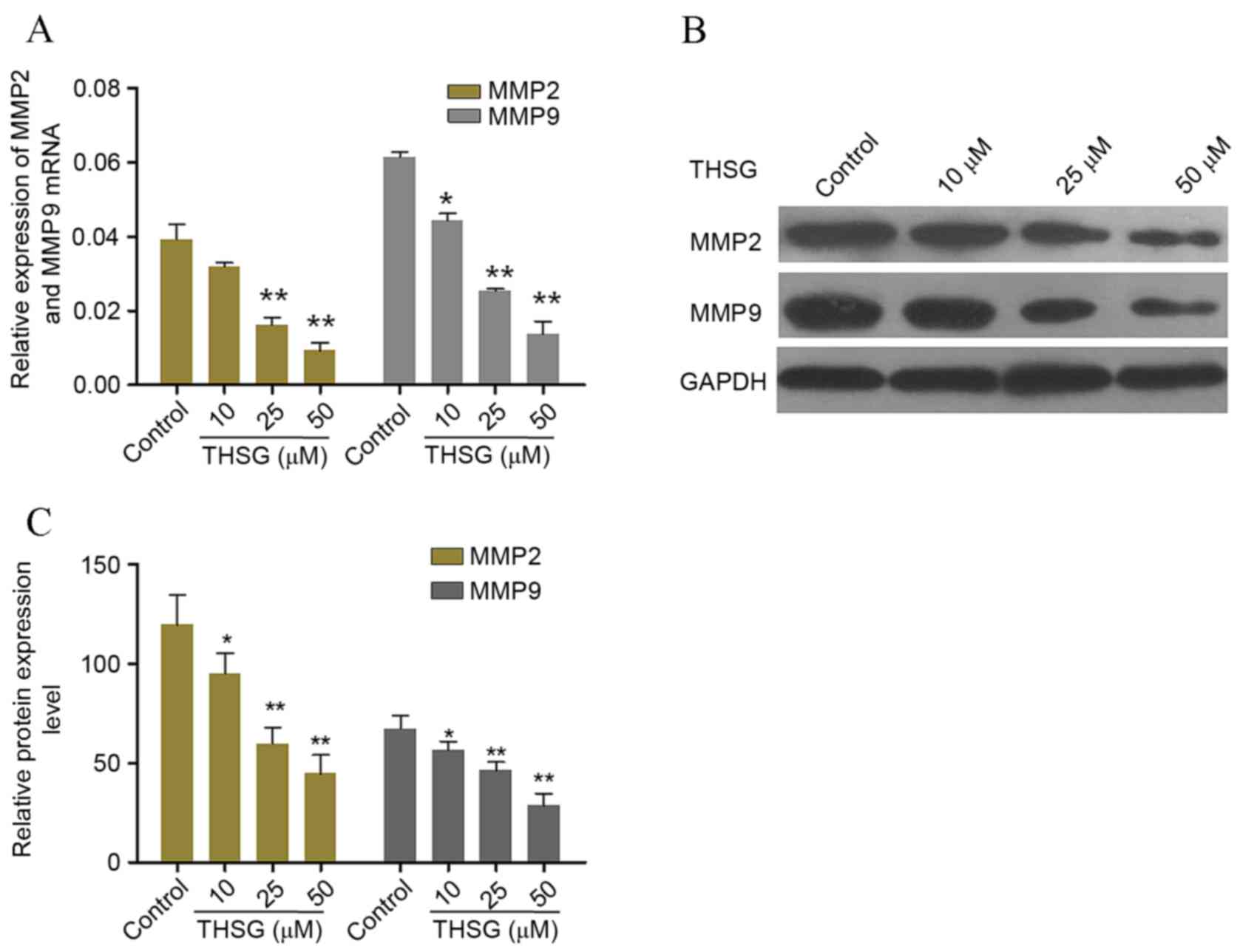|
1
|
Wang L, Yu C, Liu Y, Wang J, Li C, Wang Q,
Wang P, Wu S and Zhang JZ: Lung cancer mortality trends in China
from 1988 to 2013: New Challenges and Opportunities for the
Government. Int J Environ Res Public Health. 13:10522016.
View Article : Google Scholar :
|
|
2
|
Sulu E, Tasolar O, Takir H Berk, Tuncer L
Yagci, Karakurt Z and Yilmaz A: Delays in the diagnosis and
treatment of non-small-cell lung cancer. Tumori. 97:693–697.
2011.PubMed/NCBI
|
|
3
|
Tamiya A, Naito T, Ono A, Ayabe E, Tsuya
A, Nakamura Y, Kaira K, Murakami H, Takahashi T, Endo M and
Yamamoto N: Evaluation of the efficacy and safety of chemotherapy
for patients with wet stage IIIB/IV non-small-cell lung cancer aged
80 years old or more. Lung Cancer. 71:173–177. 2011. View Article : Google Scholar : PubMed/NCBI
|
|
4
|
Vitzthum K, Thielke L, Deter A, Riemer T,
Eggeling S, Pankow W and Mache S: Smoking lung cancer patients and
tobacco Cessation-is the current treatment in Germany sufficient?
Pneumologie. 69:667–672. 2015. View Article : Google Scholar : PubMed/NCBI
|
|
5
|
Milano MT, Strawderman RL, Venigalla S, Ng
K and Travis LB: Non-small-cell lung cancer after breast cancer: A
population-based study of clinicopathologic characteristics and
survival outcomes in 3529 women. J Thorac Oncol. 9:1081–1090. 2014.
View Article : Google Scholar : PubMed/NCBI
|
|
6
|
Abhishekh HA, Balaji AL and Mehta RM:
Depression in lung cancer patients. Indian J Psychiatry.
56:3072014. View Article : Google Scholar : PubMed/NCBI
|
|
7
|
Asai N, Ohkuni Y, Matsuda M and Kaneko N:
Small-cell lung cancer with epidermal growth factor receptor
mutation: Case report and review of literature. Indian J Cancer.
51:384–385. 2014. View Article : Google Scholar : PubMed/NCBI
|
|
8
|
Chen ZF, Mao L, Liu LM, Liu YC, Peng Y,
Hong X, Wang HH, Liu HG and Liang H: Potential new inorganic
antitumour agents from combining the anticancer traditional Chinese
medicine (TCM) matrine with Ga(III), Au(III), Sn(IV) ions, and DNA
binding studies. J Inorg Biochem. 105:171–180. 2011. View Article : Google Scholar : PubMed/NCBI
|
|
9
|
To KK, Au-Yeung SC and Ho YP: Differential
nephrotoxicity of cisplatin and a novel series of traditional
Chinese medicine-platinum anticancer agents correlates with their
chemical reactivity towards sulfur-containing nucleophiles.
Anticancer Drugs. 17:673–683. 2006. View Article : Google Scholar : PubMed/NCBI
|
|
10
|
Huang HP, Gao SL, Wang J, Huang LQ and
Huang P: Studies on adventitious root induction in vitro and
suspension culture of Polygonum multiflorum. Zhongguo Zhong Yao Za
Zhi. 38:3857–3860. 2013.(In Chinese). PubMed/NCBI
|
|
11
|
Lee SV, Choi KH, Choi YW, Hong JW, Baek
JU, Choi BT and Shin HK: Hexane extracts of Polygonum multiflorum
improve tissue and functional outcome following focal cerebral
ischemia in mice. Mol Med Rep. 9:1415–1421. 2014. View Article : Google Scholar : PubMed/NCBI
|
|
12
|
Chan YC, Wang MF and Chang HC: Polygonum
multiflorum extracts improve cognitive performance in senescence
accelerated mice. Am J Chin Med. 31:171–179. 2003. View Article : Google Scholar : PubMed/NCBI
|
|
13
|
Chen Y, Wang M, Rosen RT and Ho CT:
2,2-Diphenyl-1-picrylhydrazyl radical-scavenging active components
from Polygonum multiflorum thunb. J Agric Food Chem. 47:2226–2228.
1999. View Article : Google Scholar : PubMed/NCBI
|
|
14
|
Livak KJ and Schmittgen TD: Analysis of
relative gene expression data using real-time quantitative PCR and
the 2(-Delta Delta C(T)) method. Methods. 25:402–408. 2001.
View Article : Google Scholar : PubMed/NCBI
|
|
15
|
Xu M, Qian G, Xie F, Shi C, Yan L, Yu L,
Zheng T, Wei L and Yang J: Expression of epithelial cell adhesion
molecule associated with elevated ductular reactions in
hepatocellar carcinoma. Clin Res Hepatol Gastroenterol. 38:699–705.
2014. View Article : Google Scholar : PubMed/NCBI
|
|
16
|
Yamada S, Utsunomiya T, Morine Y, Imura S,
Ikemoto T, Arakawa Y, Kanamoto M, Iwahashi S, Saito Y, Takasu C, et
al: Expressions of hypoxia-inducible factor-1 and epithelial cell
adhesion molecule are linked with aggressive local recurrence of
hepatocellular carcinoma after radiofrequency ablation therapy. Ann
Surg Oncol. 21 Suppl 3:S436–S442. 2014. View Article : Google Scholar : PubMed/NCBI
|
|
17
|
Kim A, Kim EY, Cho EN, Kim HJ, Kim SK,
Chang J, Ahn CM and Chang YS: Notch1 destabilizes the adherens
junction complex through upregulation of the Snail family of
E-cadherin repressors in non-small cell lung cancer. Oncol Rep.
30:1423–1429. 2013. View Article : Google Scholar : PubMed/NCBI
|
|
18
|
Cogli L, Progida C, Bramato R and Bucci C:
Vimentin phosphorylation and assembly are regulated by the small
GTPase Rab7a. Biochim Biophys Acta. 1833:1283–1293. 2013.
View Article : Google Scholar : PubMed/NCBI
|
|
19
|
Mikami S, Katsube K, Oya M, Ishida M,
Kosaka T, Mizuno R, Mukai M and Okada Y: Expression of Snail and
Slug in renal cell carcinoma: E-cadherin repressor Snail is
associated with cancer invasion and prognosis. Lab Invest.
91:1443–1458. 2011. View Article : Google Scholar : PubMed/NCBI
|
|
20
|
Muqbil I, Wu J, Aboukameel A, Mohammad RM
and Azmi AS: Snail nuclear transport: The gateways regulating
epithelial-to-mesenchymal transition? Semin Cancer Biol. 27:39–45.
2014. View Article : Google Scholar : PubMed/NCBI
|
|
21
|
Nawrocki-Raby B, Gilles C, Polette M,
Martinella-Catusse C, Bonnet N, Puchelle E, Foidart JM, Van Roy F
and Birembaut P: E-Cadherin mediates MMP down-regulation in highly
invasive bronchial tumor cells. Am J Pathol. 163:653–661. 2003.
View Article : Google Scholar : PubMed/NCBI
|
|
22
|
Wang J, Shi Q, Yuan TX, Song QL, Zhang Y,
Wei Q, Zhou L, Luo J, Zuo G, Tang M, et al: Matrix
metalloproteinase 9 (MMP-9) in osteosarcoma: Review and
meta-analysis. Clin Chim Acta. 433:225–231. 2014. View Article : Google Scholar : PubMed/NCBI
|
|
23
|
Radenkovic S, Konjevic G, Jurisic V,
Karadzic K, Nikitovic M and Gopcevic K: Values of MMP-2 and MMP-9
in tumor tissue of basal-like breast cancer patients. Cell Biochem
Biophys. 68:143–152. 2014. View Article : Google Scholar : PubMed/NCBI
|
|
24
|
Flaws B: Cervical Dysplasia and Prostate
Cancer Hpv, a Hidden Link: The Diagnosis and Treatment of Cervical
Intraepithelial Neoplasia and Prostate Problems B. 1st edition.
Blue Poppy Press; Boulder, CO: 1990
|
|
25
|
Wagner H and Ulrich-Merzenich G: Evidence
and Rational Based Research on Chinese Drugs. Springer-Verlag;
Wien: 2013, View Article : Google Scholar
|
|
26
|
Guo HM, Zhang XQ, Xu CH and Zou XP:
Inhibition of invasion and metastasis of gastric cancer cells
through snail targeting artificial microRNA interference. Asian Pac
J Cancer Prev. 12:3433–3438. 2011.PubMed/NCBI
|
|
27
|
Golden DI, Lipson JA, Telli ML, Ford JM
and Rubin DL: Dynamic contrast-enhanced MRI-based biomarkers of
therapeutic response in triple-negative breast cancer. J Am Med
Inform Assoc. 20:1059–1066. 2013. View Article : Google Scholar : PubMed/NCBI
|
|
28
|
Babiarz JC, Melaragni F, Kerr S and
Kuchimanchi P: Confounding issues in cancer progress-the impact of
investor requirements on senior management compensation and
regulatory decisions: Tivozanib and Aveo Pharmaceuticals. Therapeu
Innovation Regulatory Sci. 49:333–341. 2015. View Article : Google Scholar
|
|
29
|
Bae GY, Choi SJ, Lee JS, Jo J, Lee J, Kim
J and Cha HJ: Loss of E-cadherin activates EGFR-MEK/ERK signaling,
which promotes invasion via the ZEB1/MMP2 axis in non-small cell
lung cancer. Oncotarget. 4:2512–2522. 2013. View Article : Google Scholar : PubMed/NCBI
|
|
30
|
Bremnes RM, Veve R, Hirsch FR and Franklin
WA: The E-cadherin cell-cell adhesion complex and lung cancer
invasion, metastasis, and prognosis. Lung Cancer. 36:115–124. 2002.
View Article : Google Scholar : PubMed/NCBI
|
|
31
|
Wang J and Dong S: ICAM-1 and IL-8 are
expressed by DEHP and suppressed by curcumin through ERK and p38
MAPK in human umbilical vein endothelial cells. Inflammation.
35:859–870. 2012. View Article : Google Scholar : PubMed/NCBI
|
|
32
|
Toda M, Kuo CH, Borman SK, Richardson RM,
Inoko A, Inagaki M, Collins A, Schneider K and Ono SJ: Evidence
that formation of vimentin mitogen-activated protein kinase (MAPK)
complex mediates mast cell activation following FcεRI/CC chemokine
receptor 1 cross-talk. J Biol Chem. 287:24516–24524. 2012.
View Article : Google Scholar : PubMed/NCBI
|















